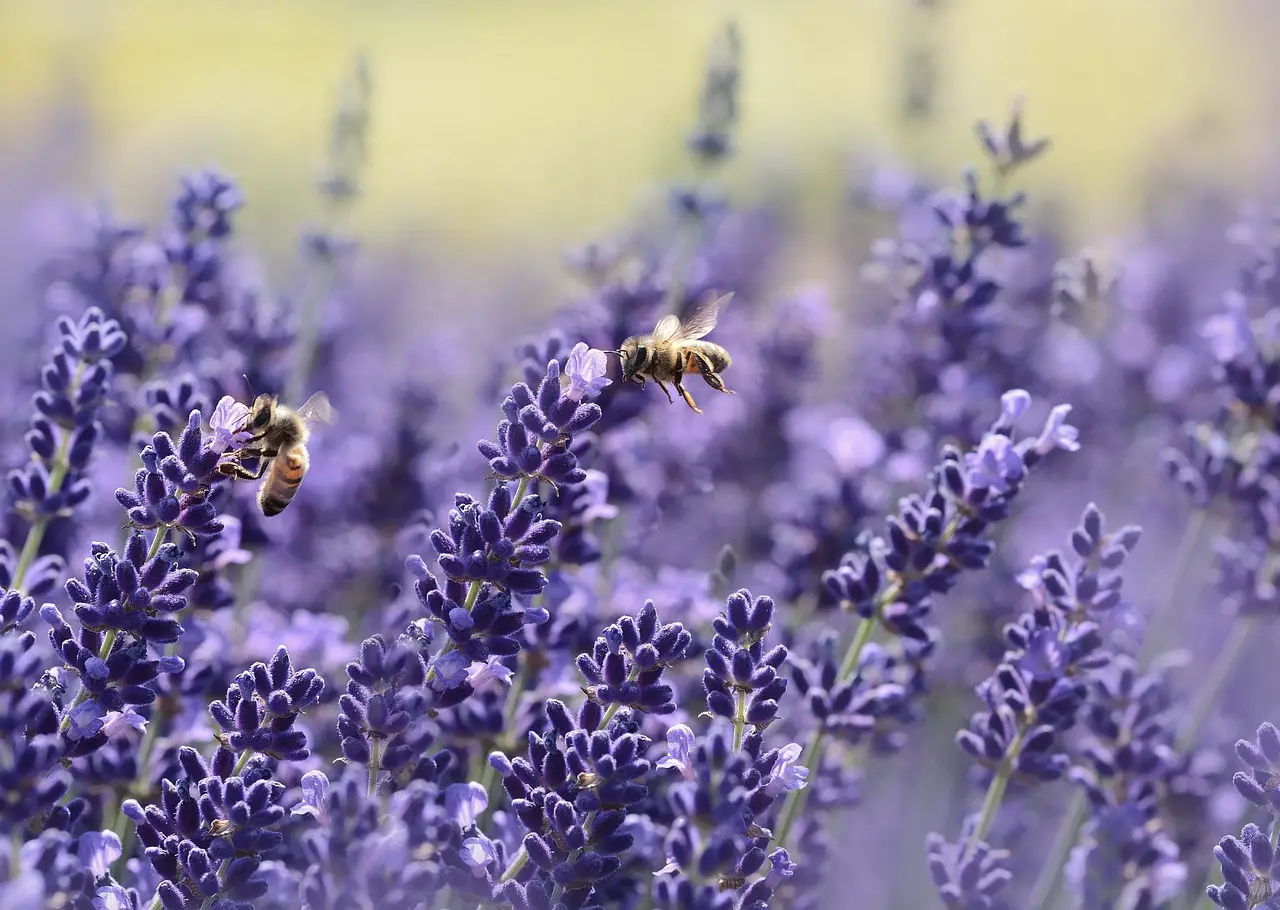
Researchers have shown that plants can regulate the chemistry of their petal surface to create iridescent signals visible to bees.

Researchers have shown that plants can regulate the chemistry of their petal surface to create iridescent signals visible to bees.
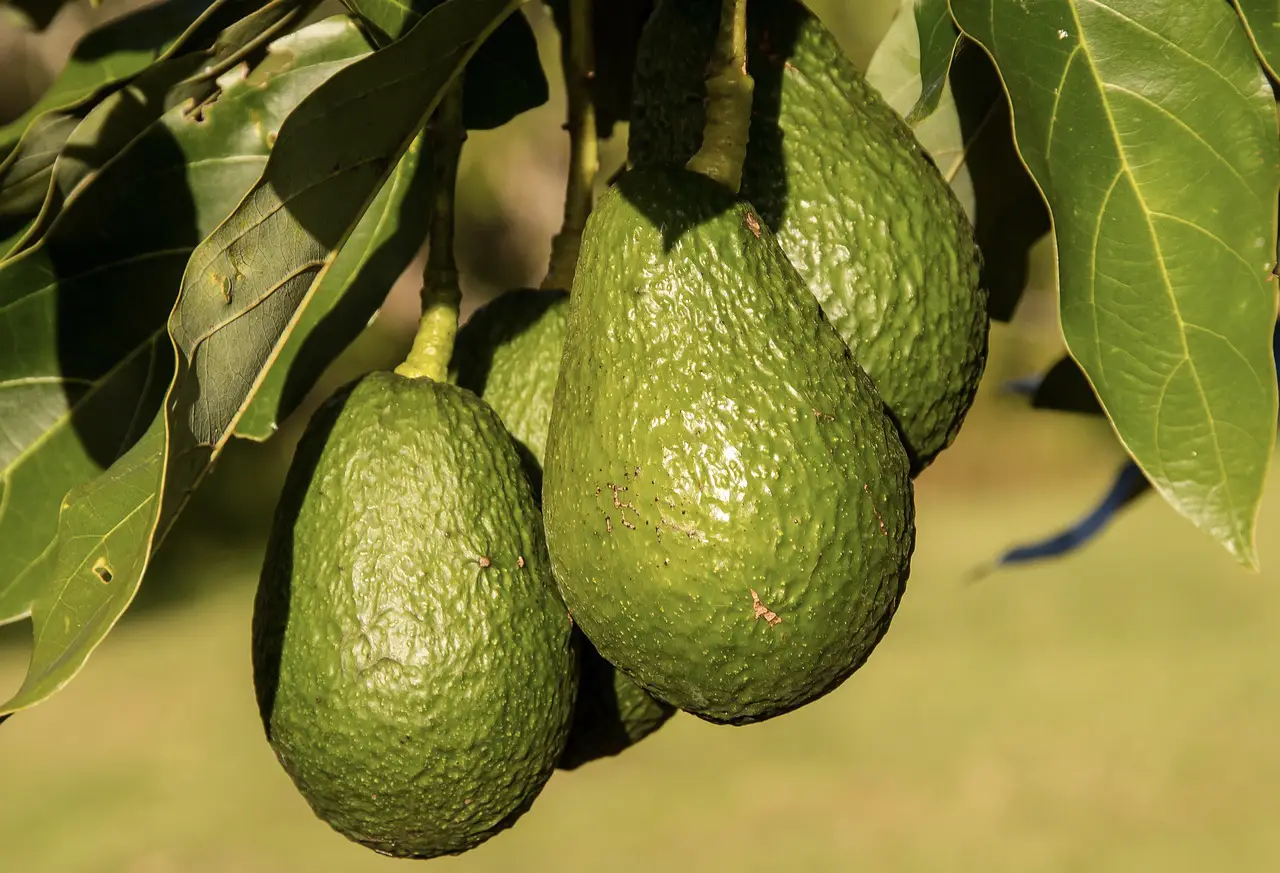
What makes the perfect avocado? In a world-first, scientists have mapped the genome of the popular fruit, a resource that can drive future research and innovation opportunities for avocado growers.
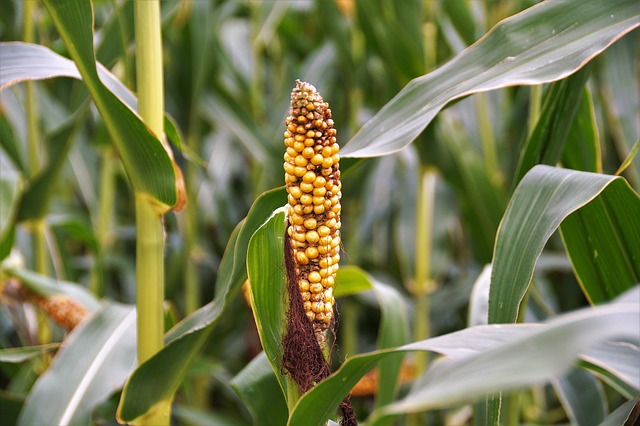
Over 300 million people in Sub-Saharan Africa depend on maize for nearly 30% of their caloric intake, and the popularity of maize is expected to continue its upward trend. As the demand for maize increases, so does the need for sustainable and safe production, yet numerous biotic and abiotic stressors threaten this staple crop.
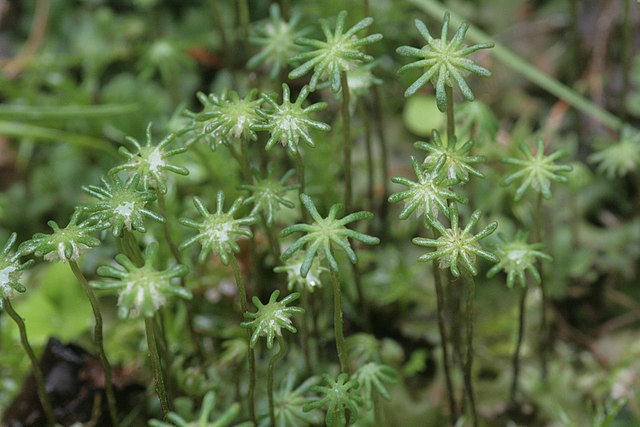
Researchers have found that rhizobial bacteria are hijacking a key protein in legumes involved in molecular transport to control how the symbiotic cellular structures that allow the plants to take up nitrogen form between the two organisms.
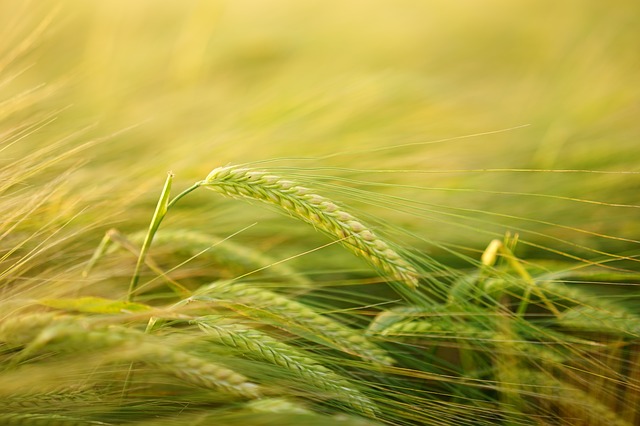
Genome editing comes with great hopes for the improvement of crops in regards to the challenges posed by climate change, but also for breeding of disease resistance and an improved sustainability of agriculture. A research team has now succeeded in modifying a gene in barley using the Cas9 gene scissors, making new resistances to important viruses available for winter barley.
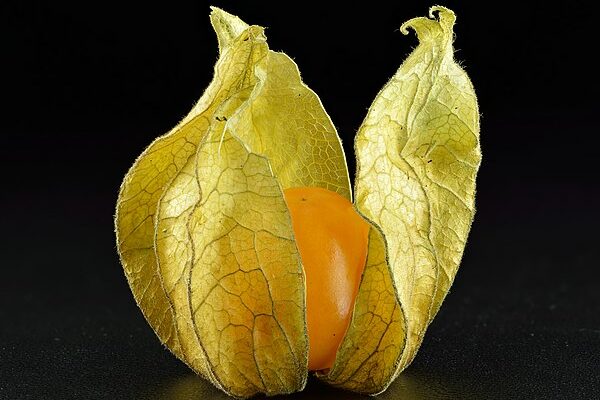
Over 34 million people in the U.S. don’t have enough food. More diverse and adaptable crops are needed to address challenges in food production made worse by climate change. Small, sweet berries called groundcherries may not feed the country, but along with other related “orphan crops,” they could strengthen food supplies. Unfortunately, these distant relatives of tomatoes aren’t ready for large-scale production—at least not yet.
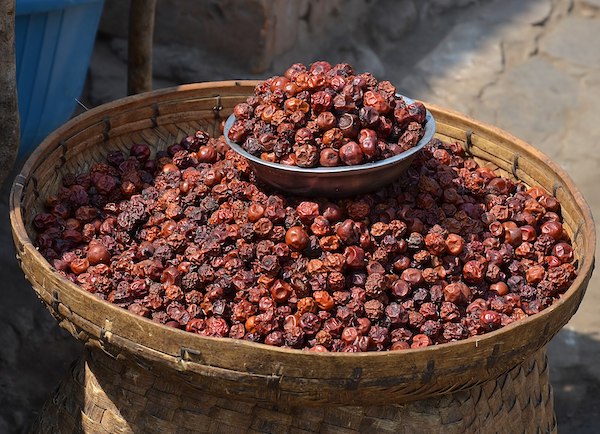
We need to rethink how we think about Indigenous crops, say plant biologists. These crops include groundnut, teff grass, and a wide range of cereals, grains, fruits, legumes, and root vegetables predominantly cultivated by small farms in Africa, Asia, and South America.
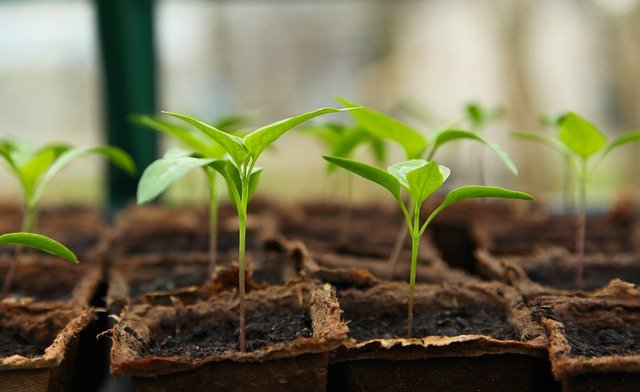
The biofertilizer is a liquid organic fertilizer that can be produced within any rural property, with materials that are easy to find on the property itself, like animal manure and plant remains. Its preparation is very easy and relatively fast, being ideal to complement the fertilization with compost.
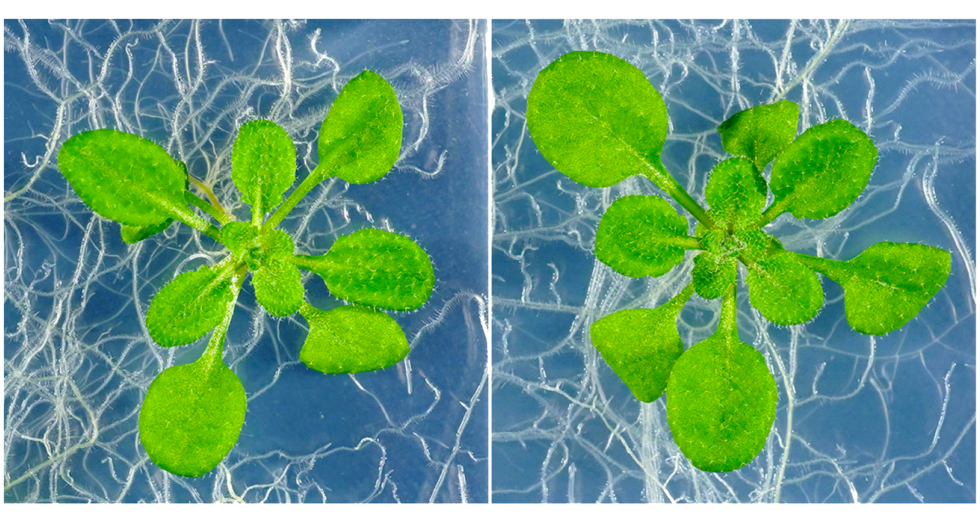
Crops often face harsh growing environments. Instead of using energy for growth, factors such as disease, extreme temperatures, and salty soils force plants to use it to respond to the resulting stress. This is known as the “growth-stress response trade-off”. Now, a group of researchers has discovered a previously unknown pathway that regulates whether a plant uses its resources for growth or stress tolerance. This discovery could enable the stress response to be controlled under agricultural conditions, increasing crop yields.
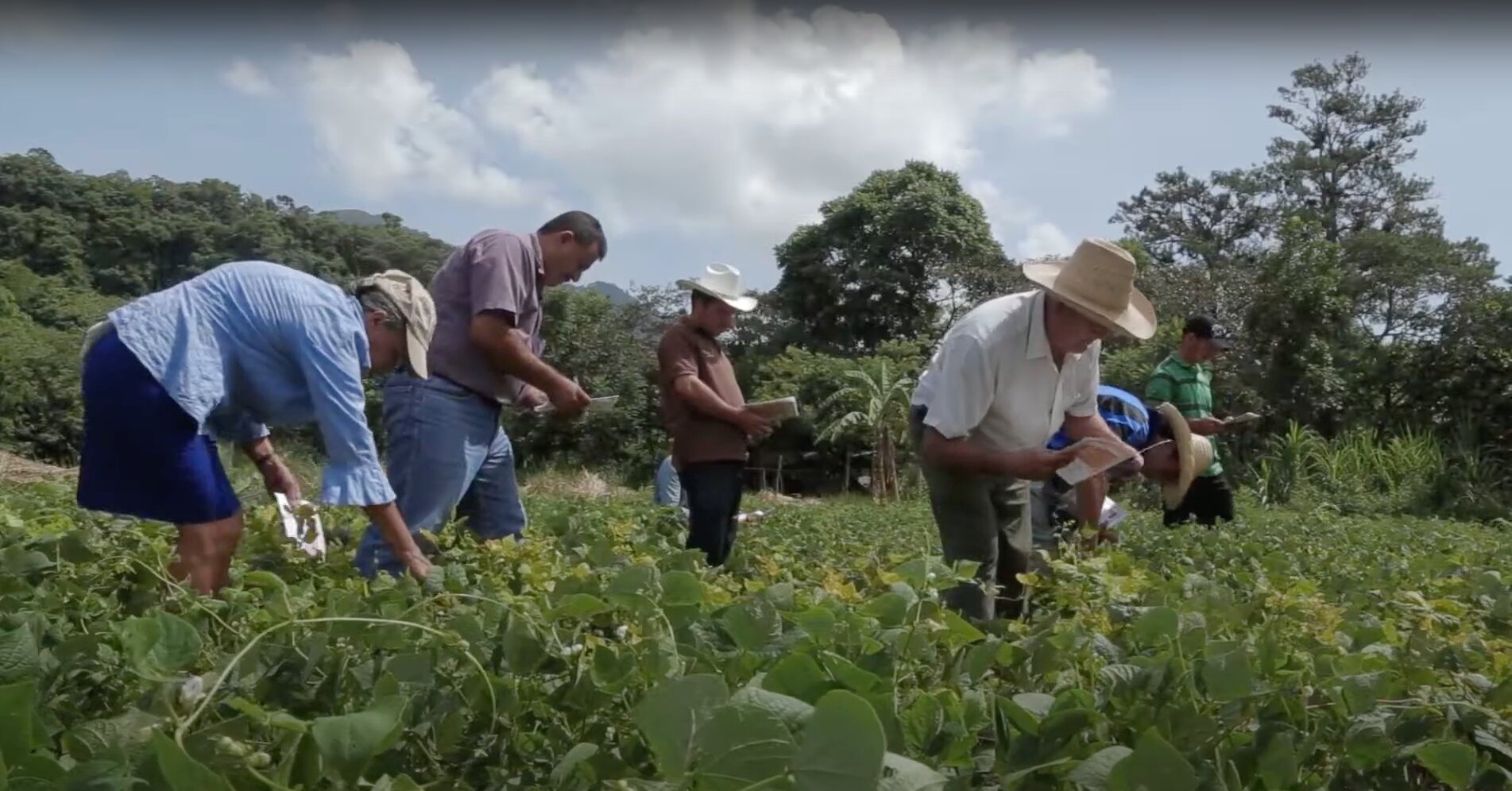
Farmers are becoming more involved than ever in the work of developing new, sustainable crop varieties, with a recent Alliance study showing how a “citizen science” approach for on-farm experimentation called tricot, generated agricultural data via local organizations in Central America.